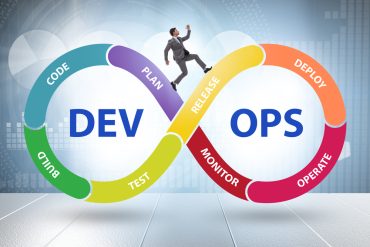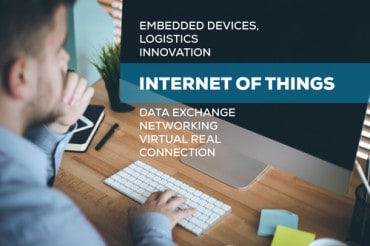
API monetization is projected to grow by 115% in the United States domestic market — from $3.97 billion in 2023 to $8.56 billion by 2027.
Behind every successful business these days are APIs, providing or delivering real-time access to vital application services and data. It’s a big, big business, with API monetization projected to grow by 115% within the next two years.
These estimates come from a recent study by Kong, Inc., conducted in conjunction with Brown University. The study documents the expanding macroeconomic influence of APIs across the globe, and the growing embrace of these services by developers. “Today, API connectivity is foundational to modern cloud native solutions as software and hardware run on API-centric architecture,” the study’s authors state. “APIs are used internally and externally to connect a company with suppliers, customers, employees, and investors.”
The study finds API monetization is projected to grow by 115% in the United States domestic market — from $3.97 billion in 2023 to $8.56 billion by 2027. In addition, the economic impact of APIs in the U.S. will increase from $2.1 trillion in 2023 to $2.8 trillion in 2027, a $640 billion increase and 30% relative growth rate. Overall, the global economic impact of APIs is expected to increase from $10.9 trillion in 2023 to $14.2 trillion over the next 4 years.
Enabling AI via an API strategy
APIs open doors to next-generation initiatives as well. The total value of APIs to artificial intelligence-related growth will reach $5.4 trillion in 2027, a 76% increase from 2023 estimates. “APIs are the eyes, ears, and hands of today’s artificial intelligence,” the authors state. “Put simply: more AI means more APIs. The data that powers AI tools comes from APIs, and APIs are used to send back the model developed by AI. APIs are also used to integrate AI into other applications.”
APIs “are the digital accelerators to our interconnected world, in which data and services flow freely, clearing the path for innovation and technology-led growth,” says Dr. Christopher Whaley, associate professor at Brown University.
See also: Are Industry-Specific APIs the New Norm?
All this money flowing around is not lost on bad actors, unfortunately. “APIs have become an attractive attack vector and API vulnerabilities create the potential for serious losses,” the study’s authors point out. “Due to the critical nature of APIs, these security threats have large economic consequences. We anticipate that API attacks will increase at a rate of 31% annually for the foreseeable future, costing the U.S. economy alone over $506 billion by the end of the decade.”
Another challenge in joining the booming API economy is lacking the right technical expertise to fully leverage the power of APIs, cited by 48%. “As of June 2023, more than 15,500 API developer posts on jobs site Indeed alone,” the Kong authors point out. “By comparison, there are only 1,800 SQL developer posts. With 102,000 software developer job listings total, this informal snapshot of the job market suggested that API-skilled developers currently make up 15% of the software labor market.”
See also: Three Predictions for the Future of APIs
An additional challenge is bringing business leaders up to speed with API capabilities and opportunities. At least 46% of the developers in the Kong survey say their senior leadership lacks a strong understanding of the value of APIs. Still, 79% of developers say their organizations have an API-first business strategy. A like number say API usage creates opportunities for new products and services.





























